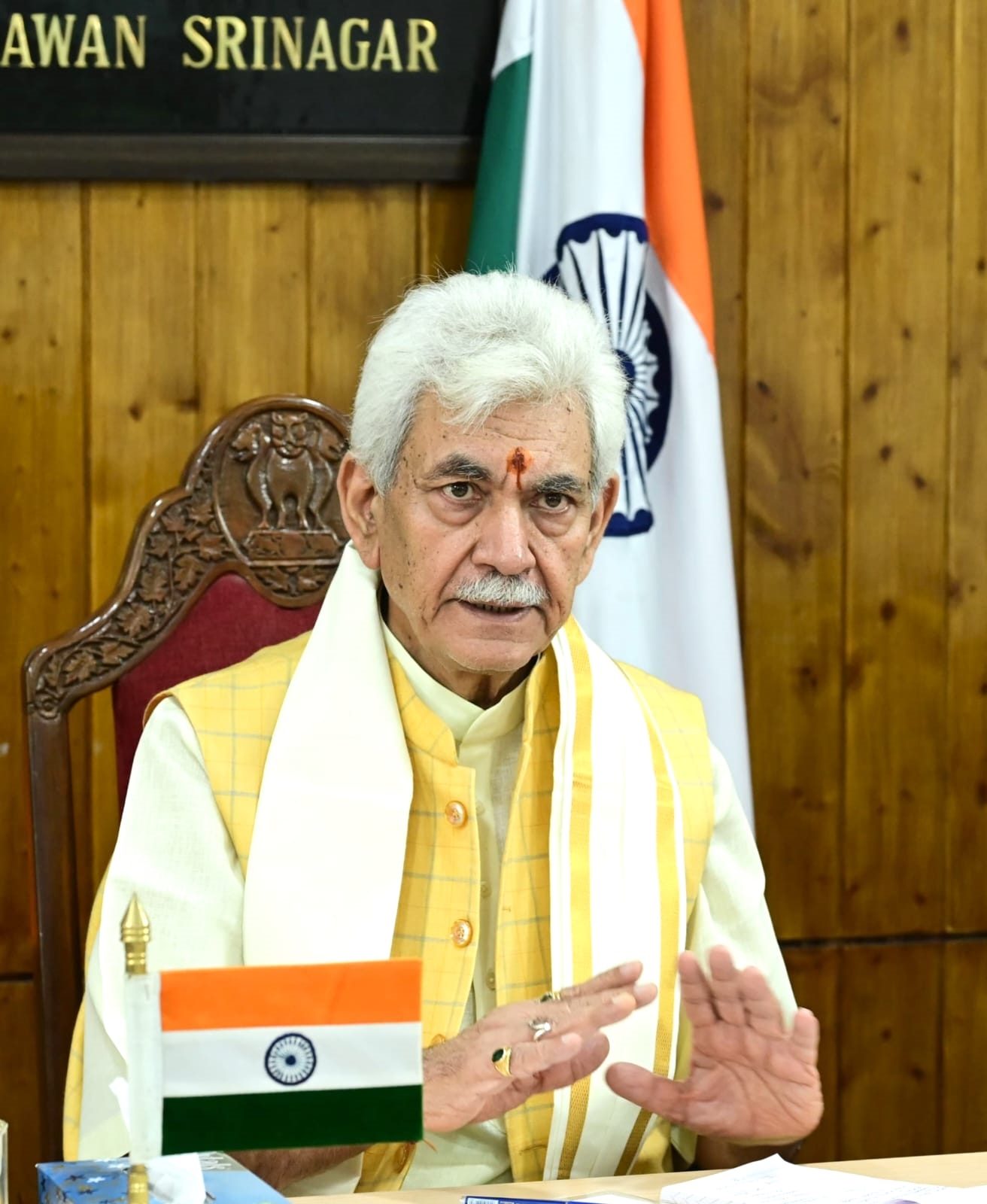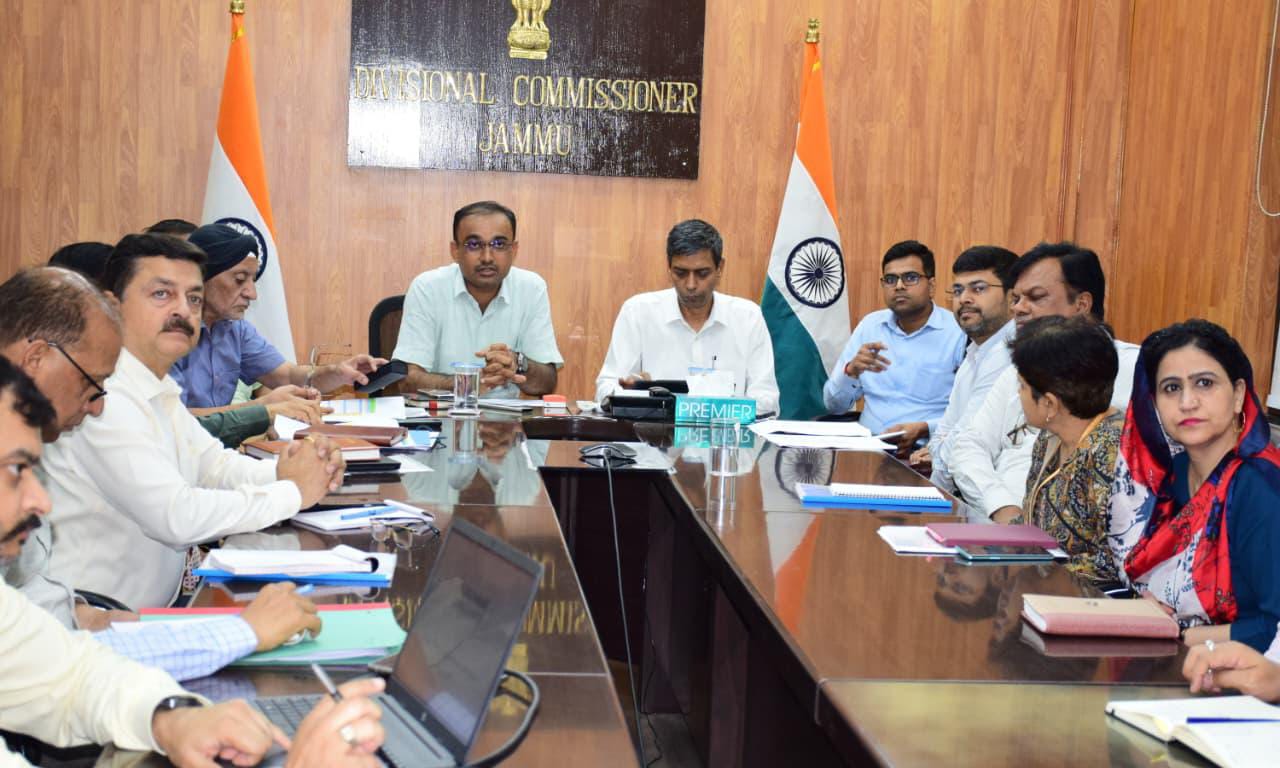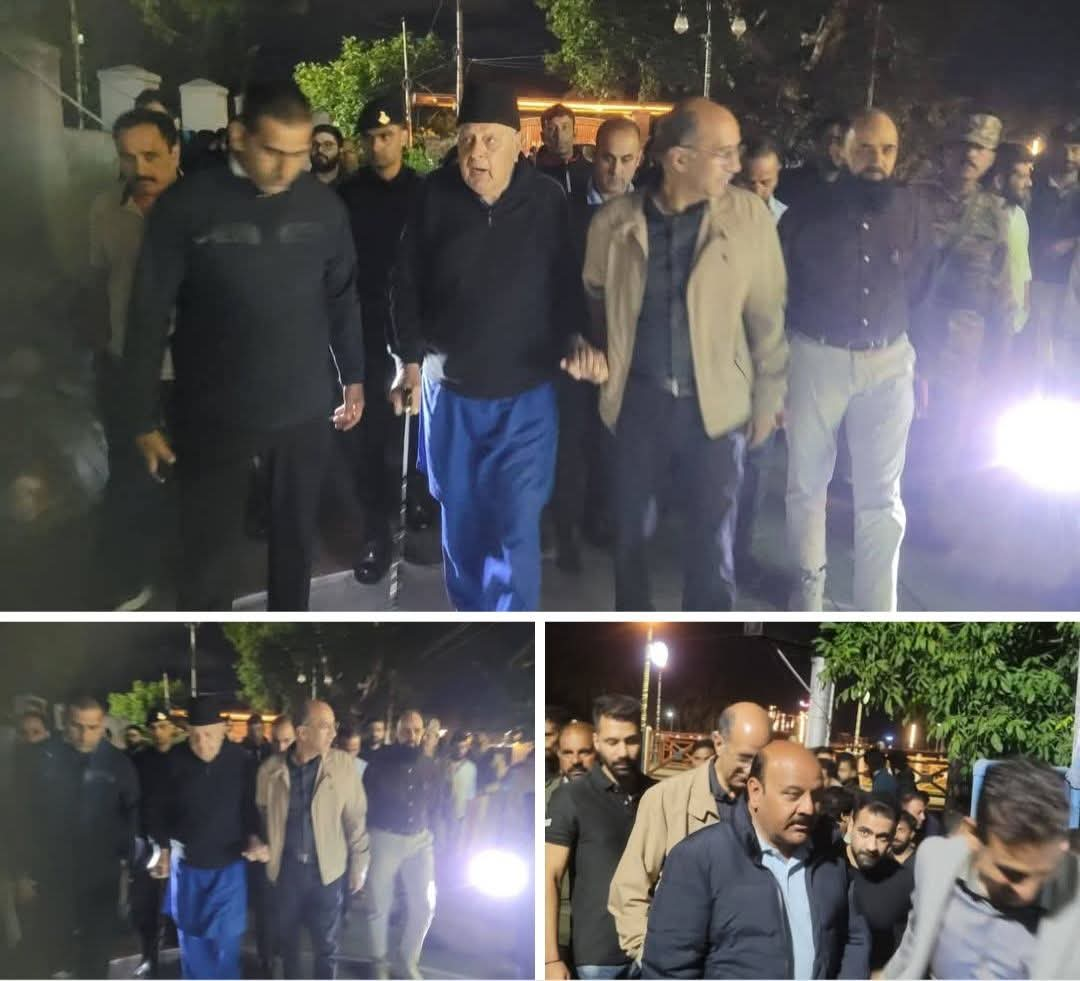Supreme Court Rules Motor Vehicle Tax Not Applicable if Vehicle Not Used in Public Place
New Delhi: The Supreme Court has ruled that motor vehicle tax, being compensatory in nature, should not be levied on vehicles that are not used or kept for use in a “public place.” A bench of Justices Manoj Misra and Ujjal Bhuyan delivered the verdict on August 29, overturning aspects of a December 2024 Andhra Pradesh High Court decision.
“Motor vehicle tax has a direct nexus with the end use. The rationale for its levy is that a person using public infrastructure such as roads and highways must contribute to its upkeep,” the court observed.
Referring to Section 3 of the Andhra Pradesh Motor Vehicle Taxation Act, 1963, the bench noted that the legislature specifically used the term “public place” in the provision, which authorizes the state government to impose tax on motor vehicles. The court clarified that the taxable event occurs only when a vehicle is used or intended for use in a public place.
“If a motor vehicle is not used or kept for use in a public place, the owner does not derive any benefit from public infrastructure and should not be burdened with the tax for that period,” the verdict stated.
In this case, the vehicles of the appellant firm were confined to the premises of Rashtriya Ispat Nigam Limited (RINL), a closed area. Since the vehicles operated only within the restricted RINL premises, which are not accessible to the public, they were not liable for motor vehicle tax for that period.
The appeal involved a logistics firm operating since 1985, which in November 2020 was awarded a contract for handling and storage of iron and steel at the central dispatch yard of Visakhapatnam Steel Plant, a RINL facility. The company deployed 36 vehicles exclusively within the yard, which is enclosed and monitored by CISF personnel, restricting public access.
The firm had sought exemption from motor vehicle tax for the period its vehicles were confined to the yard, citing Section 3 of the 1963 Act. Initially, a single judge of the Andhra Pradesh High Court ruled in favor of the firm, directing the state to refund Rs 22,71,700. However, a division bench later overturned that order. The Supreme Court, while allowing the appeal, reinstated the principle that vehicles used solely in non-public areas are not subject to motor vehicle tax.











